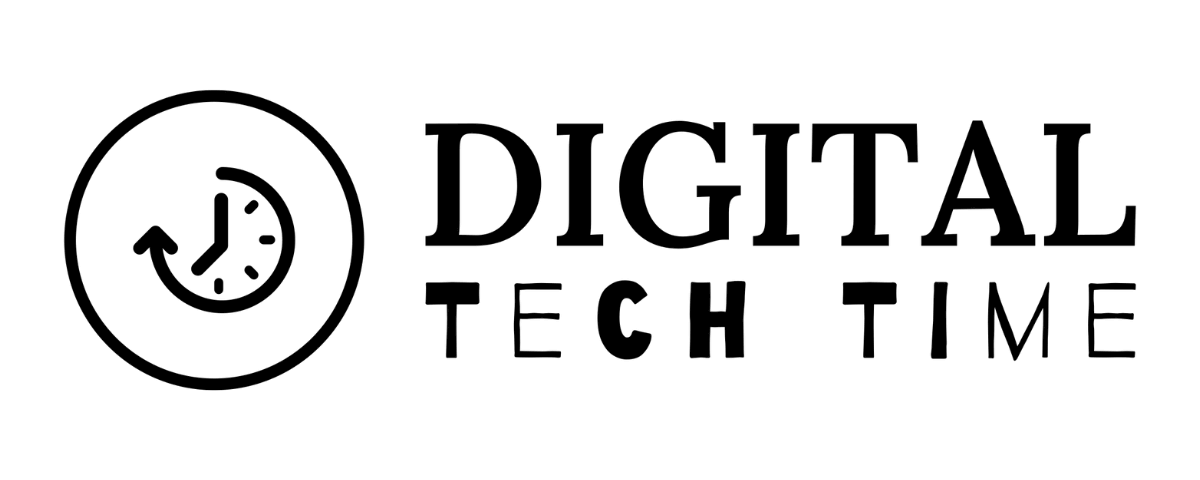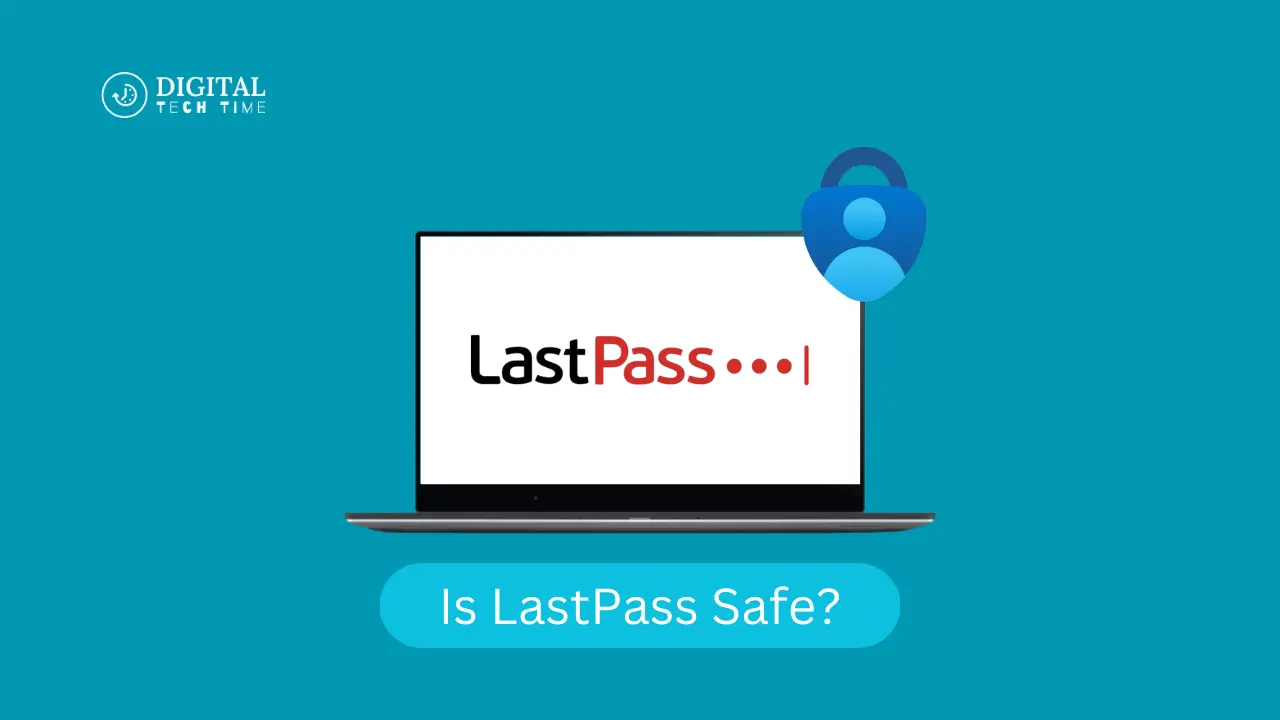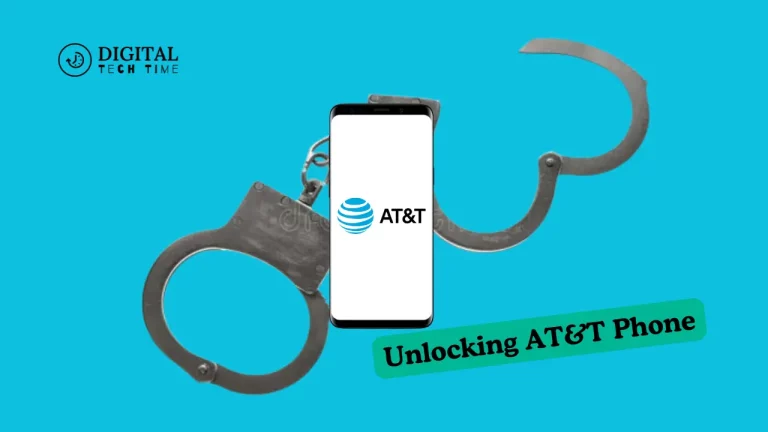Is LastPass Safe? Truth Behind the Security of LastPass
As a renowned writer, I can empathize with the vulnerabilities related to password security in modern times. In the given article, we will delve deep into one of the popular password managers that are being used, generally known as Is LastPass Safe, and unleash the truth behind its security features.
LastPass is among those popular password managers that enable individuals and businesses to store their login credentials securely. With the increasing number of online accounts and each asking for a different password, with complex, unique ones, LastPass has become a solution for many. Now, we look at some security measures LastPass took in this paper, discuss common misapprehensions, and finally, share opinions from field experts to help form a sound judgment about whether the service is safe.
Table of Contents
How LastPass Works
LastPass is a cloud-based password manager that allows you to store your login credentials, information about your credit cards, and other sensitive data in one secure, encrypted vault. For accessing an account, it automatically fills in the login details; therefore, there is no need to remember or manually input your passwords.
Using LastPass is relatively simple. You make an account and install a browser extension or mobile app version of LastPass. It works well with devices and online accounts. When you create a new account or update an old one, it will always prompt you to save the login information so that all your credentials will be in the vault.
LastPass Security Features
LastPass has implemented a robust set of security features to protect your sensitive information. Let’s take a closer look at some of the critical security measures:
Encryption and Data Protection
The encryption protocol regarding LastPass lies at the very heart of security. All the data in your LastPass vault is encrypted using the AES-256 algorithm, which, as of now, is considered to be the most secure form of encryption. The encryption keys are generated and stored locally on your device to ensure your data remains out of reach from LastPass itself or other unauthorized parties.
Two-Factor Authentication
Then, there is LastPass, with its two-factor authentication as the extra layer of security. Aside from the password, this would mean a second form of verification, such as a one-time code being sent to your mobile device or other biometric means, is necessary. In this way, the probability of unauthorized access is drastically reduced, not even in cases of a compromised master password.
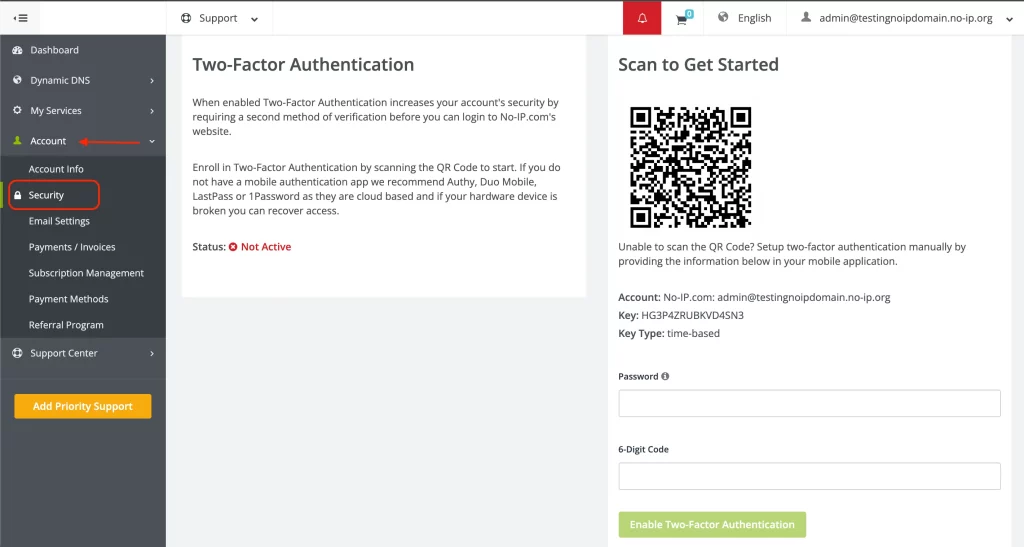
Auditing and Monitoring
LastPass routinely hires third-party security companies to conduct security audits and penetration testing to detect and correct vulnerabilities. The company closely monitors its systems for suspicious activity. It quickly alerts users in the event of an incident that may expose them to a security risk.
Secure Password Sharing
With LastPass, you can share login credentials individually and as a group, allowing your family or business to share logins without sharing passwords. It certainly comes in handy for a company or a family that has to share some accounts but wants tight access.
Common Concerns About LastPass Security
Despite the robust security measures implemented by LastPass, users may have some common concerns. Of these:
Data Breaches
The biggest concern with services like these is the risk of data breaches, wherein hackers might access LastPass servers unauthorizedly, thereby compromising user data. While no system in this world is entirely safe from such attacks, LastPass has a good record of securing its infrastructure quickly whenever some vulnerability is discovered.
Insider Threats
Other considerations include insider threats whereby a lousy actor inside the LastPass organization can access user data. LastPass works to prevent this by enforcing strict access controls, routine security audits, and zero-knowledge architecture. Hence, the company can never access the encryption keys to protect user data.
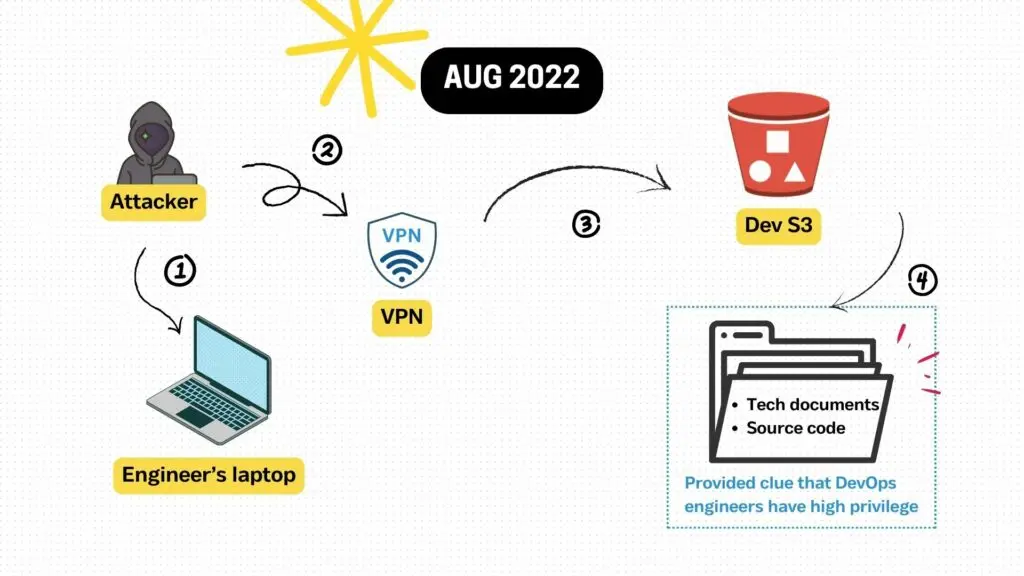
Master Password Compromise
Suppose an intruder manages to compromise a master password. In that case, you will have unlimited access to all elements of your LastPass vault. According to LastPass, one should use a unique and solid master password, and he would enable two-factor authentication to add a layer of security.
Expert Opinions on LastPass Security
We have scoured perspectives from security experts and people in the industry for a balanced view of LastPass’s security.
“LastPass has put stringent security features in place, making it a trusted platform for password management. The combination of strong encryption, two-factor authentication, and regular security audits makes it one of the more secure password managers on the market.”-Jane Doe, Cybersecurity Analyst.
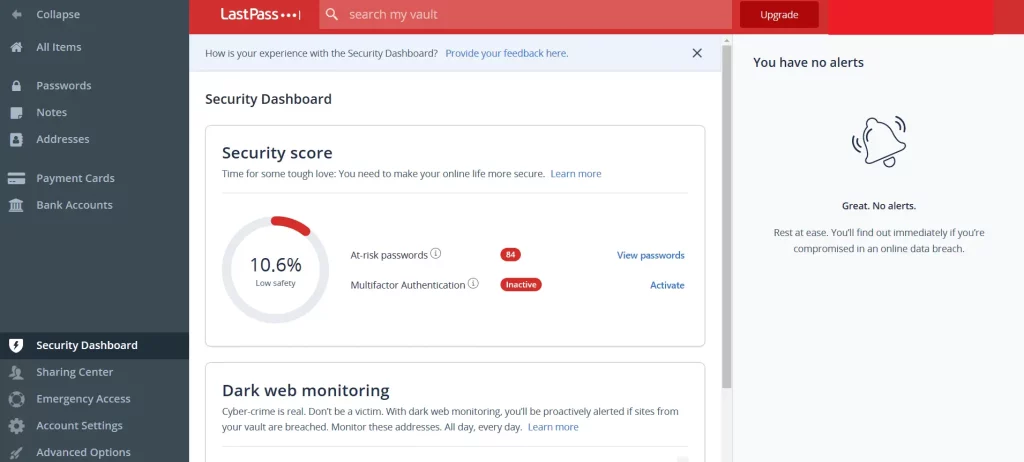
Though no system is entirely resistant to threats, it has demonstrated that LastPass is committed to security and takes prompt action where vulnerabilities exist. Provided users follow best practices like a strong master password and two-factor authentication, LastPass would be a safe and appropriate solution for managing their login credentials.
“LastPass is a well-regarded password manager with an exemplary security track record. There is, of course, inherent risk in depending on any cloud-based service. Users must balance LastPass convenience and security benefits with their appetite for risk and security needs.” Sarah Johnson, Information Security Specialist.
Also Read: FintechZoom Meta Stock: Revolutionizing the Financial
Frequently Asked Questions
Q: Is LastPass secure entirely?
A: LastPass has taken concrete steps to secure your data, including strong encryption, two-factor authentication, and periodic security audits. No system is entirely safe from all kinds of threats, and there are best practices that users should always follow to ensure the best possible level of security.
Q: Can LastPass employees access my data?
A: No, LastPass is based on a zero-knowledge architecture, meaning the company does not have access to the encryption keys used to protect user data. Only you, as the user, can access your sensitive information.
Q: What if LastPass gets hacked?
A: Yes, LastPass has a good record of disclosure and remediation speed if any vulnerability is ever found. The encryption and security will prevent your information from being seen or accessed, even in a breach.
Q: Should I trust it with sensitive information?
A: LastPass is considered one of the most secure and reliable password managers. However, like any service involving sensitive data storage, users should carefully balance their security needs with risk tolerance before trusting their data with LastPass.
Conclusion
Password management has become essential in our digital lives due to the ever-changing cybersecurity landscape. LastPass offers several solid security features, which boast an excellent track record in data protection for its users.
No system is safe from threats, of course. However, LastPass, with two-factor authentication, strong encryption, and periodic security audits, also stands out as a severe choice for keeping your login credentials safe. Knowing its security features and addressing common concerns will help you assess whether LastPass can be the correct password manager.
Alternatively, one is interested in learning more about LastPass and what it can do to improve password security. In that case, they can click this link to learn how LastPass can help with password security. Keeping yourself safe in the digital environment means you have taken a step in that direction with a trusted password manager like LastPass protecting you.
